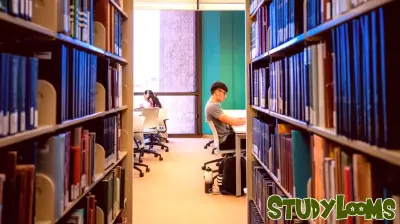September 29, 2025 - 00:49

In recent discussions, readers have shared their perspectives on the impact of artificial intelligence (A.I.) in educational settings, particularly focusing on the roles of students and parents. Many emphasize the potential benefits of A.I. as a tool for personalized learning, allowing students to progress at their own pace and receive tailored support. This technology can help identify learning gaps and suggest resources that cater to individual needs, potentially transforming traditional teaching methods.
However, concerns have also been raised regarding the limitations of A.I. in the classroom. Critics argue that while A.I. can enhance learning experiences, it cannot replace the essential human elements of education, such as empathy, mentorship, and social interaction. Parents worry about over-reliance on technology, fearing it may hinder critical thinking and creativity among students.
Additionally, the conversation extends to the influence of screens on infants and young children, with many advocating for a balanced approach to technology use. The ongoing dialogue highlights the need for thoughtful integration of A.I. in education, ensuring it complements rather than replaces the vital role of educators and parental guidance.



